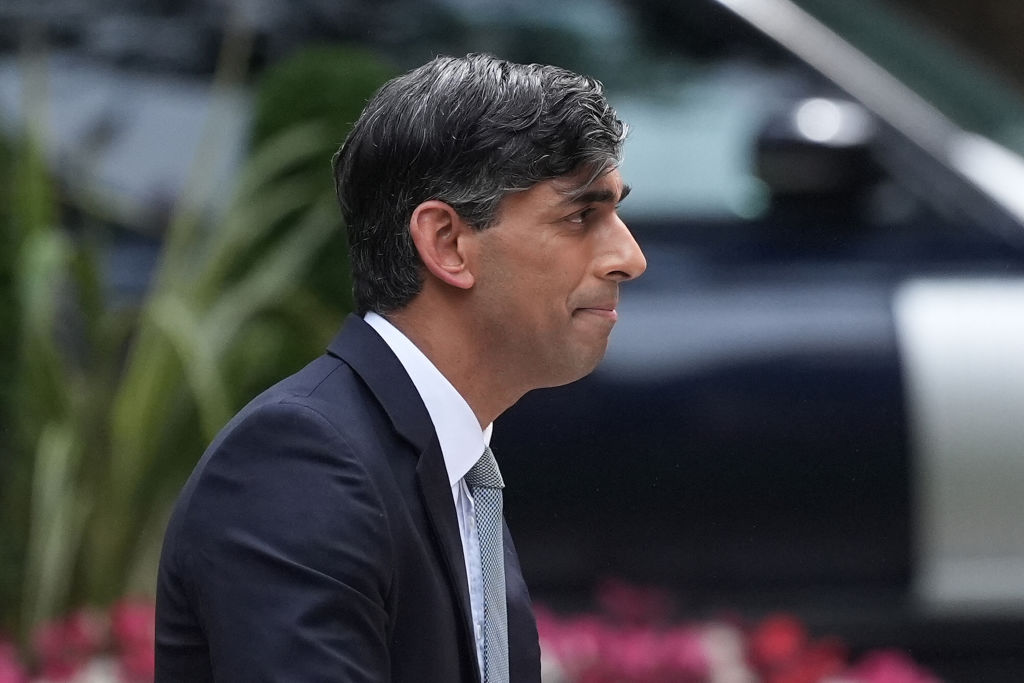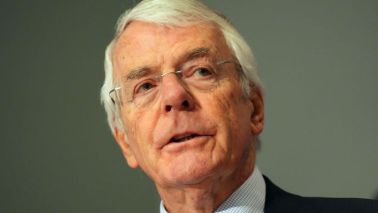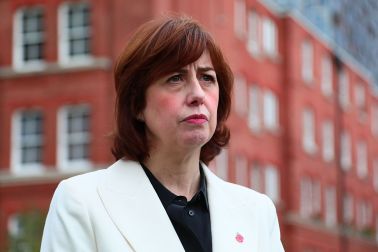Fourteen years of Tory-led government is over. The second-longest period of dominance by one party since the war is done. For the left, that means relief and joy. For many on the right, there is a sense of frustration, a sense of waste: power has been squandered and little about the country feels more conservative, or even more successful than it did a decade ago. Much of it, bluntly, feels worse.
Much of their legacy will be swept away by the stroke of a statutory instrument or a line in the next budget
In some ways, this analysis is unfair. There have been some successes in the last 14 years of government. Education in the country has been transformed with the extension of academies, the rollout of free schools and rigorous new qualifications. In England, especially, children score better than ever in international education comparisons.
Crime has fallen to an all-time low, both according to police records and surveys which aim to capture unreported incidents. Unemployment has, despite the economic challenges of the period, remained under control, while Universal Credit has seen major changes to the benefits system. The country has made huge strides in reducing CO2 emissions with relatively limited economic cost. For all of the grumbling, the outgoing government has gradually got things done.
On top of that, of course, is Brexit. The desire to leave the European Union was something that had bubbled through British politics for decades. In 2016, the Conservatives gave voice to Brexit through the referendum and, eventually, enacted it. This has been a huge constitutional change, perhaps bigger than anything else that the governments of the last 14 years have done, yet Britain didn’t achieve the renewal once promised. Taken together, Conservative achievements seems incoherent and underwhelming.
Through the last 14 years, the Conservatives have lacked a sense of vision to pull together a convincing programme. The attentions of the party have flitted back and forth, with no real sense of the country it has been creating. Its successes have been marred by the major misses – stagnating wages and poor growth, the vast rise in immigration, and the fraying of the public sector while the tax burden has continued to increase.
For so much of their tenure, the Conservatives have pirouetted and pivoted around issues. They failed to find ways of getting more out of the state for less, instead letting government become both more expensive and worse. Successive governments struggled to undo blocks to growth, and struggled to match rhetoric and achievement. They talked down some of their successes (such as the environment) while drawing attention to their failures, such as immigration.
Those defending the Tory governments are quick to blame circumstances. The first five years in power were in partnership with the Lib Dems, and many of the second five years were occupied by Brexit. This last parliamentary term was, of course, buffeted by the twin black swan events of Covid and a war in Europe. Governments, however, don’t get to choose their circumstances, only to rise to them. Covid, Brexit and sharing power with the Lib Dems perhaps made things harder, but not impossible. The mark of great leadership is doing the best with what you have, not waiting for the perfect pitch.
Part of these failings come from the Conservatives’ inability to hold a line. While the Brexit vote might have been intended to salve festering disagreements over Europe, it instead inflamed them. From 2016-19, the party fell into fighting itself more than the opposition. Internal polarisation made it hard to coalesce around any other policy. Loyalty became elevated over competence, playing to the gallery above execution. The party got sucked into governing through headlines and polling rather than delivery.
The sort of flexibility that had once been the saving grace of the party became a millstone. Through 14 years, the party has tied itself up in chasing audiences without delivering. Austerity never delivered the lean, effective state the heirs of Thatcherism hoped for, and then the money never came for the sort of Neo-Macmillanism flirted with by May and Johnson. Instead, we have ended with bulging state spending, a public sphere slipping into chaos.
This all seems to come down to a lack of vision Macmillan wanted to turn away from socialism and usher the nation towards general prosperity. Thatcher, to break apart the post-war consensus. Blair wanted to remould the state and the country, with a mix of constitutional and economic changes. David Cameron aimed to be prime minister because he thought he’d be good at it. His successors have barely managed a better argument.
The Tories have failed to make a mark. They have not embedded any of the big systemic changes that other governments managed. Instead, much of their legacy will be swept away by the stroke of a statutory instrument or a line in the next budget. A party that too often governed for polling and headlines will be swept away as yesterday’s news. It is unclear now when, or even if, the right will have another decade in power. To regain power, they will need to find a vision of how to use it.







Comments